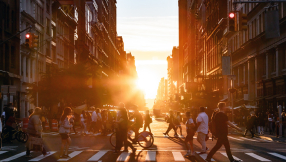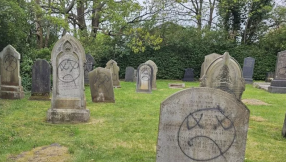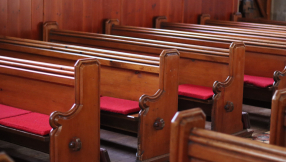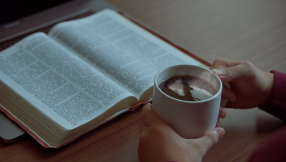Call to pray for persecuted church
The day of prayer has been organised by Barnabas Fund, which provides support to Christians suffering for their faith.
The charity has created an interactive map where Christians planning to pray on the day can post up the locations and details of their gatherings so that others may attend.
Christians in Malawi, Malaysia, Romania, Bangladesh, and the Philippines are among those planning to take part so far.
Barnabas Fund has put together a free prayer guide focusing on 38 countries in 30-minute slots.
Christians in the UK are being invited to attend a prayer summit at St Michael's Church in Chester Square, London from 1:30pm to 7pm.
Dr Patrick Sookhdeo, International Director of Barnabas Fund, said: "In many parts of the world, Christians live with the constant threat of discrimination, violence and other forms of persecution.
"As part of our Proclaim Freedom campaign, we are inviting Christians everywhere to join us for 24 hours dedicated to interceding for our suffering brothers and sisters. Please commit to devoting whatever time you can during that day to uphold them in prayer."
For more information about how you can be part of the prayer day, visit the Proclaim Freedom website at barnabasfund.org/SCS/













